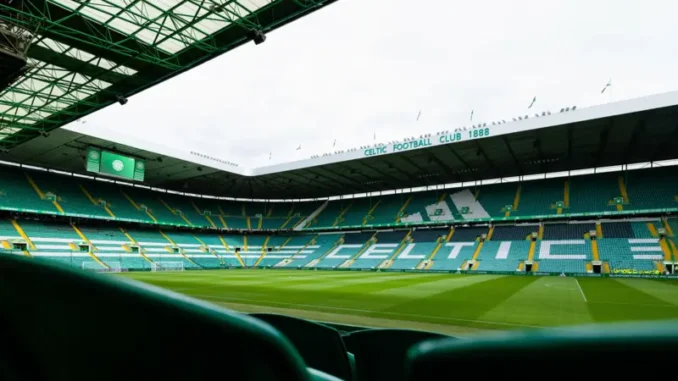
Celtic entered the summer transfer window in a remarkably strong financial position, boasting £77.3 million in cash reserves. This figure underlines the club’s robust business model and prudent fiscal management, particularly at a time when many European sides are grappling with mounting debts and rising operational costs. The healthy balance sheet is further reinforced by a post-tax profit of £33.9 million for the financial year ending June 30, a result that places the Scottish champions among the most stable clubs in Britain outside of the English Premier League.
The bulk of these earnings stemmed from a mixture of Champions League revenue, player sales, and record matchday income. Participation in Europe’s elite competition has once again proven vital for Celtic, not only in terms of sporting prestige but also financially. Broadcast revenues, sponsorship deals, and the ability to showcase talent on the highest stage all contribute to the club’s growing coffers. The transfer market also played its part, with several outgoing deals balancing the books while ensuring the squad remains competitive under Brendan Rodgers’ stewardship.
While such financial strength is encouraging, it also creates expectations among supporters. Celtic fans have long been vocal about the need for reinvestment, particularly if the club is to make a genuine impact in Europe rather than simply dominate domestically. The Parkhead faithful want to see the board loosen the purse strings and deliver players capable of raising the squad’s level beyond Scotland. Having such a significant cash reserve means there can be little justification for a lack of ambition, especially when rival Rangers continue to strengthen.
At the same time, Celtic’s hierarchy must strike a delicate balance. While reinvestment is crucial, the club has been careful to avoid reckless spending, instead favouring a strategy of sustainable growth. Recruitment has traditionally centred on acquiring talented players at a reasonable price, developing them, and then selling at a profit. This model has been effective in recent years, producing both sporting success and financial security.
Looking ahead, the challenge will be maintaining this equilibrium while pushing for greater European competitiveness. The £77.3 million in cash assets offers a golden opportunity for Rodgers and his staff to reshape the squad, but expectations are high. Supporters will want to see tangible ambition, whether through marquee signings or decisive improvements in Champions League performances. For Celtic, the summer window is not just about spending wisely but about signalling intent. With financial power comes responsibility, and the coming months will reveal how the
Leave a Reply